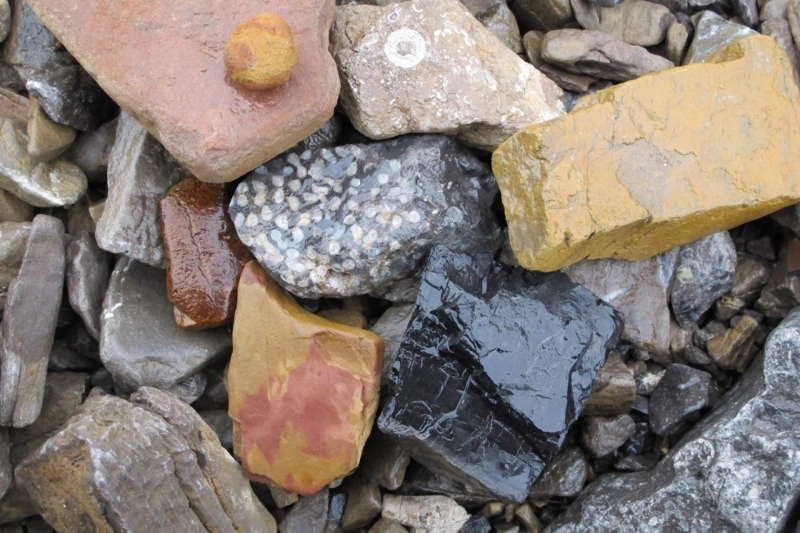Rocks, those unassuming companions of our daily lives, often go unnoticed. We walk on them, build with them, and even admire their aesthetics, but seldom do we take the time to truly understand their profound significance. Rocks, in all their diverse forms, are not just lifeless entities; they are time capsules, records of Earth's history, and repositories of invaluable geological knowledge. In this article, we embark on a journey to unveil the mysteries of rocks, peeling back the layers of geological wonder that lie hidden beneath their rugged exteriors. In this article we also going to know about How to Clean Algae From Aquarium Rocks.
The Language of Rocks
Rocks speak a language that geologists have been deciphering for centuries. Through careful observation and scientific analysis, these experts have uncovered the secrets locked within the Earth's rocky history. Let's explore some of the fascinating aspects of rocks:
Composition: Rocks are not monolithic in their makeup; they are a mosaic of minerals. Granite, for example, is primarily composed of quartz, feldspar, and mica. This diversity in composition provides clues about the geological processes that shaped them.
Classification: Geologists categorize rocks into three major groups: igneous, sedimentary, and metamorphic. Each group tells a distinct part of Earth's story. Igneous rocks form from molten magma, sedimentary rocks result from the accumulation of sediments, and metamorphic rocks transform under extreme heat and pressure.
Fossils and History: Sedimentary rocks are like pages in the Earth's history book. They often contain fossils, allowing us to trace the evolution of life on our planet. These rocks hold the key to understanding past ecosystems, climate changes, and the creatures that once roamed the Earth.
Age Determination: Rocks can be dated using various techniques such as radiometric dating. By analyzing the radioactive isotopes present in rocks, scientists can estimate their age and unravel geological timelines.
Rocks in Our Lives
Beyond their geological significance, rocks play crucial roles in our daily lives:
Construction: From the foundations of our homes to the roads we drive on, rocks are fundamental in the construction industry. Materials like limestone, sandstone, and granite are essential building blocks.
Landscaping and Decoration: Landscaping enthusiasts and interior designers appreciate the aesthetic value of rocks. Decorative stones and rocks enhance gardens, parks, and even indoor spaces.
Natural Resources: Rocks are a source of valuable minerals, including gold, copper, and iron. These resources are essential for manufacturing and technological advancement.
Conclusion
As we unveil the mysteries of rocks, we come to realize that these seemingly inert objects have a profound story to tell. They are silent witnesses to Earth's tumultuous past, its geological processes, and the evolution of life itself. Understanding rocks not only enriches our knowledge of the natural world but also deepens our connection to the planet we call home.
Next time you come across a rocky outcrop or a beautifully landscaped garden, take a moment to appreciate the rich geological tapestry beneath your feet. Rocks are not just lifeless matter; they are a testament to the remarkable journey of our planet, a journey that continues to unfold before our curious and appreciative eyes.


